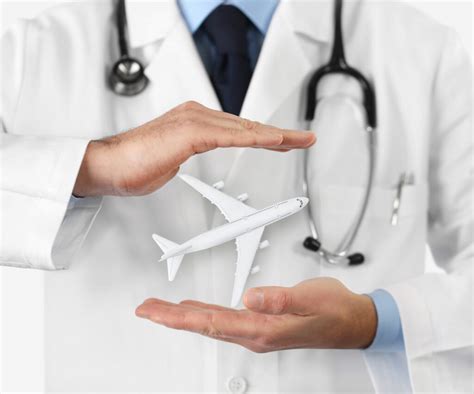Travel Doctor Advice

Introduction to Travel Health
When planning a trip, whether for business or leisure, health and safety are often overlooked in favor of more exciting aspects like destination choice and activity planning. However, travel health is a critical component of any trip, as different regions pose various health risks. A travel doctor or a travel clinic can provide personalized advice and care to ensure travelers are well-prepared for their journeys.
Pre-Trip Planning
Before embarking on a trip, pre-trip planning is essential. This involves researching the destination to understand the local health risks, including diseases, injuries, and other potential health hazards. Based on this research, travelers can consult with a travel doctor to receive guidance on necessary vaccinations, medications, and other preventive measures. For instance, travelers to certain parts of Africa and South America may need yellow fever vaccination, while those traveling to areas with poor sanitation may require hepatitis A vaccination.
Common Travel Health Issues
Several health issues are common among travelers, including: - Traveler’s Diarrhea: Caused by consuming contaminated food or water, this is one of the most frequent travel-related illnesses. - Malaria: A serious and sometimes life-threatening disease spread by mosquitoes, prevalent in tropical and subtropical regions. - Altitude Sickness: A condition that occurs when the body cannot adapt well to high altitudes, leading to symptoms like headaches and nausea. - Jet Lag: A temporary condition caused by traveling across time zones, disrupting the body’s internal clock and leading to fatigue, insomnia, and other symptoms.
Travel Health Tips
To stay healthy while traveling, consider the following tips: - Stay Hydrated: Drink plenty of bottled or filtered water to avoid dehydration. - Avoid Undercooked Food: Especially in areas with questionable food safety, avoid eating undercooked meat, seafood, and eggs. - Use Insect Repellent: To prevent mosquito-borne diseases, use repellents containing DEET, picaridin, or oil of lemon eucalyptus. - Be Mindful of Local Conditions: Understand the local health situation, including any outbreaks or health advisories.
Vaccinations and Medications
Vaccinations and medications are crucial for protecting against travel-related illnesses. The specific vaccinations and medications needed depend on the destination, the length of stay, and the traveler’s health status. Common travel vaccinations include: - Hepatitis A - Typhoid - Rabies - Yellow Fever For medications, malaria prophylaxis may be prescribed for travel to malaria-endemic areas, and antibiotics may be recommended for destinations with high risks of bacterial infections.
Health and Safety Measures
In addition to vaccinations and medications, several health and safety measures can be taken: - Wear Protective Clothing: Especially in areas with disease-carrying insects, wear long-sleeved shirts, long pants, and socks. - Avoid Close Contact with Animals: To reduce the risk of zoonotic diseases, avoid touching or feeding animals. - Follow Local Health Guidelines: Pay attention to local health advisories and follow guidelines provided by local health authorities.
| Vaccination | Description | Destinations |
|---|---|---|
| Hepatitis A | Protects against hepatitis A virus | Developing countries with poor sanitation |
| Typhoid | Protects against Salmonella Typhi | Areas with poor sanitation and food safety |
| Yellow Fever | Protects against yellow fever virus | Tropical areas of Africa and South America |
🌟 Note: The need for specific vaccinations and medications can vary significantly depending on the traveler's health status, the destination, and the time of year. It's essential to consult with a travel doctor to get personalized advice.
To ensure a safe and healthy trip, it’s crucial to be well-informed about potential health risks and take necessary precautions. By understanding the local health situation, following travel health tips, and seeking advice from a travel doctor, travelers can minimize their risk of illness and injury, allowing them to enjoy their trip to the fullest. In the end, a well-prepared traveler is not only safer but also more likely to have a successful and enjoyable journey.
What vaccinations do I need for international travel?
+
The vaccinations needed for international travel depend on your destination, the length of your stay, and your health status. Consult with a travel doctor to determine the specific vaccinations required for your trip.
How can I prevent traveler’s diarrhea?
+
To prevent traveler’s diarrhea, avoid consuming undercooked food, untreated water, and unpasteurized dairy products. Always wash your hands before eating and after using the bathroom.
What should I do in case of a medical emergency while traveling?
+
In case of a medical emergency, contact local emergency services or visit the nearest hospital. It’s also a good idea to have travel insurance that covers medical emergencies and evacuations.